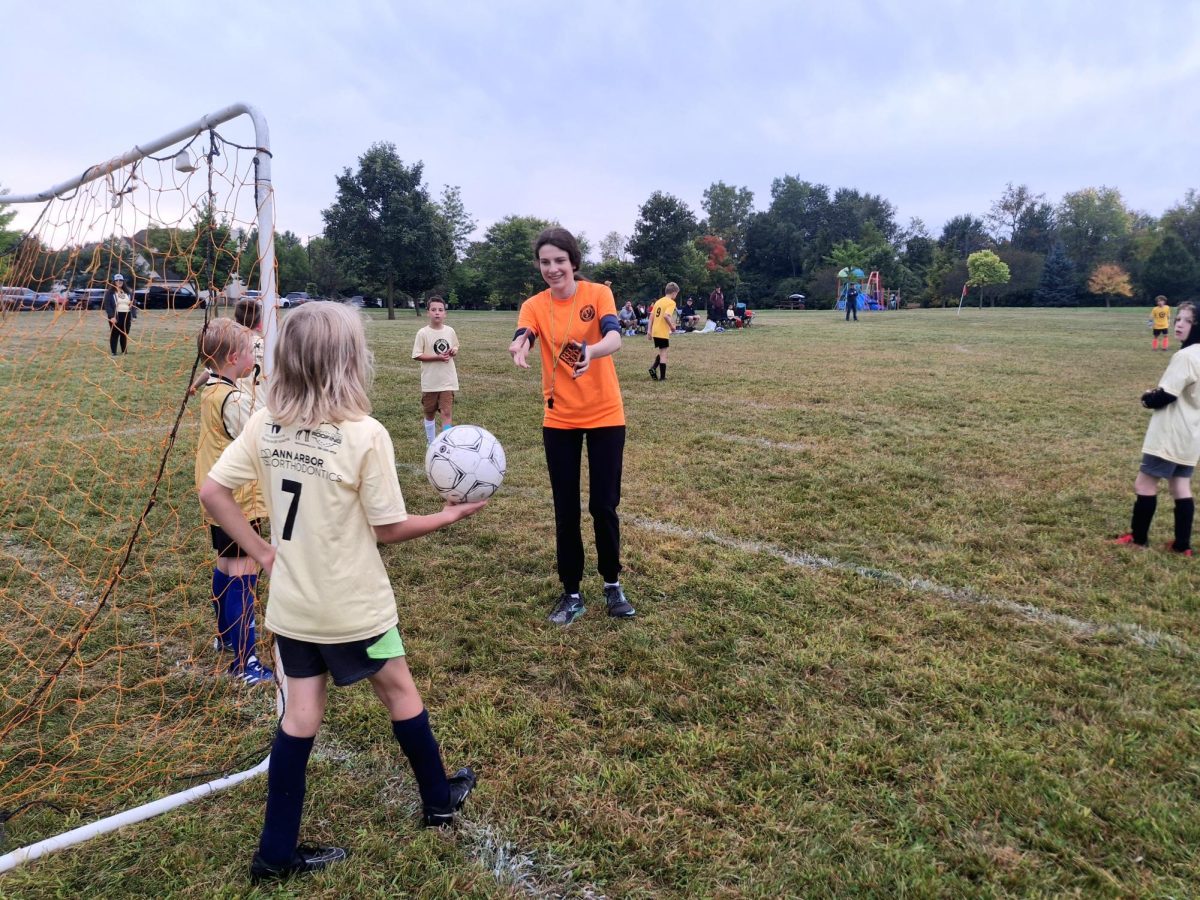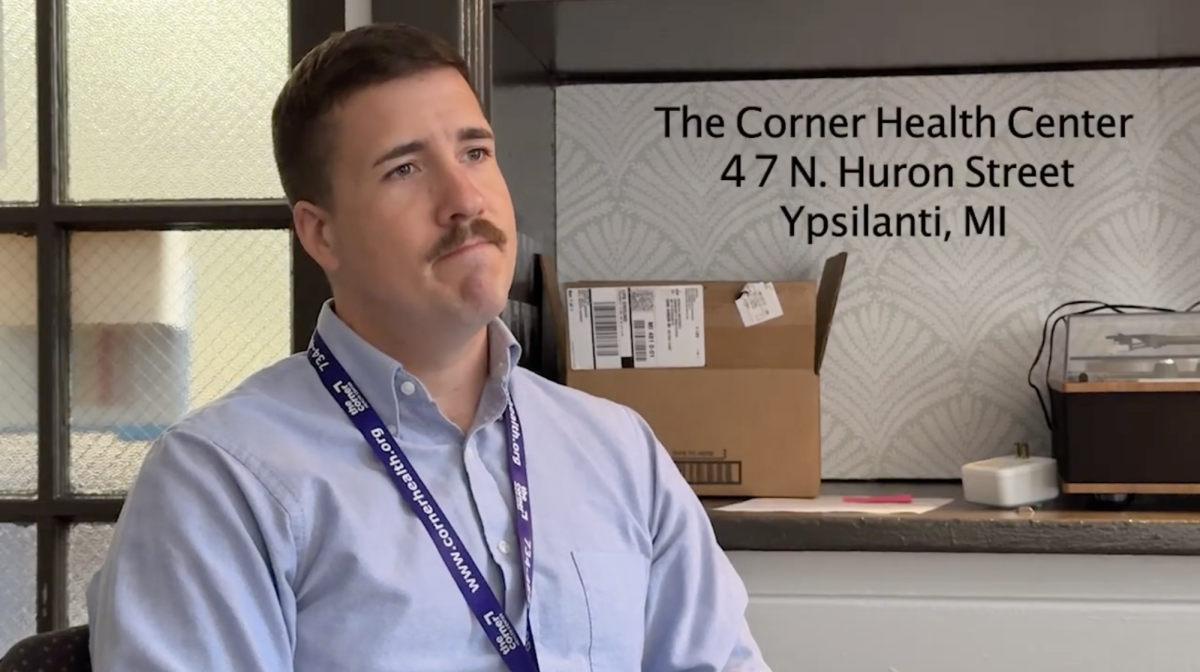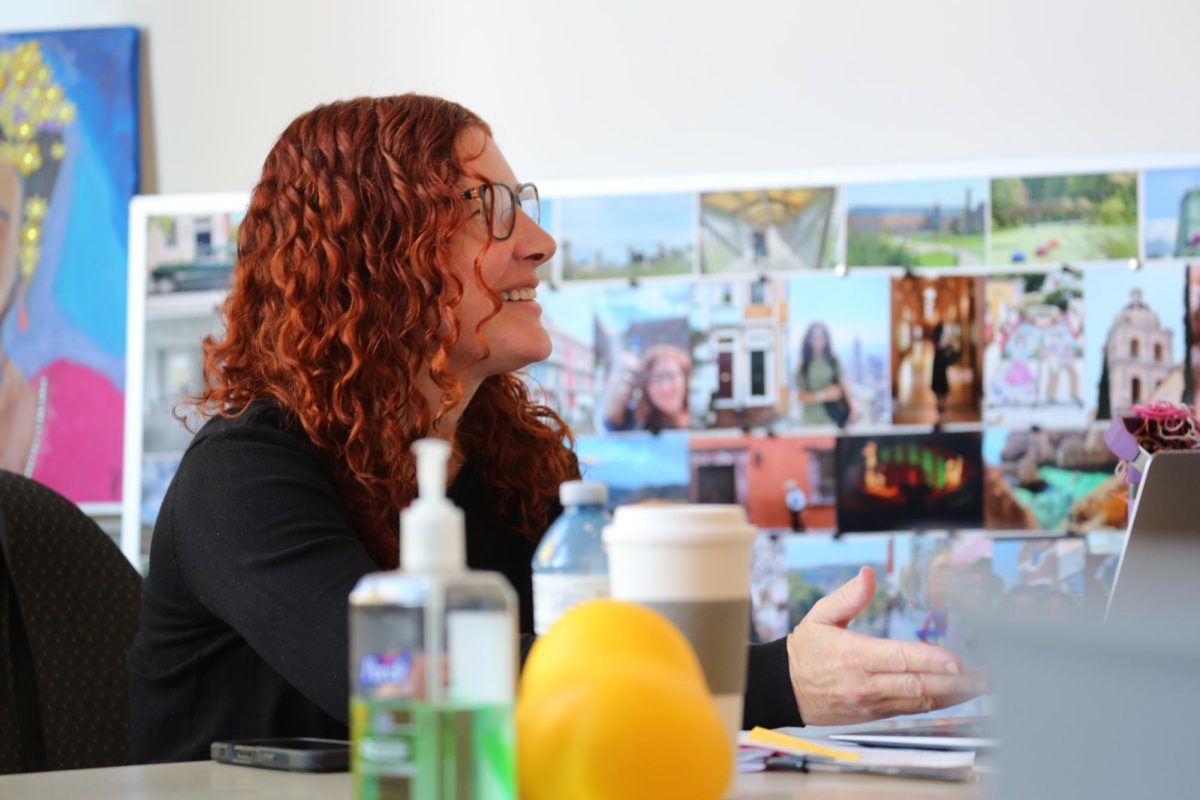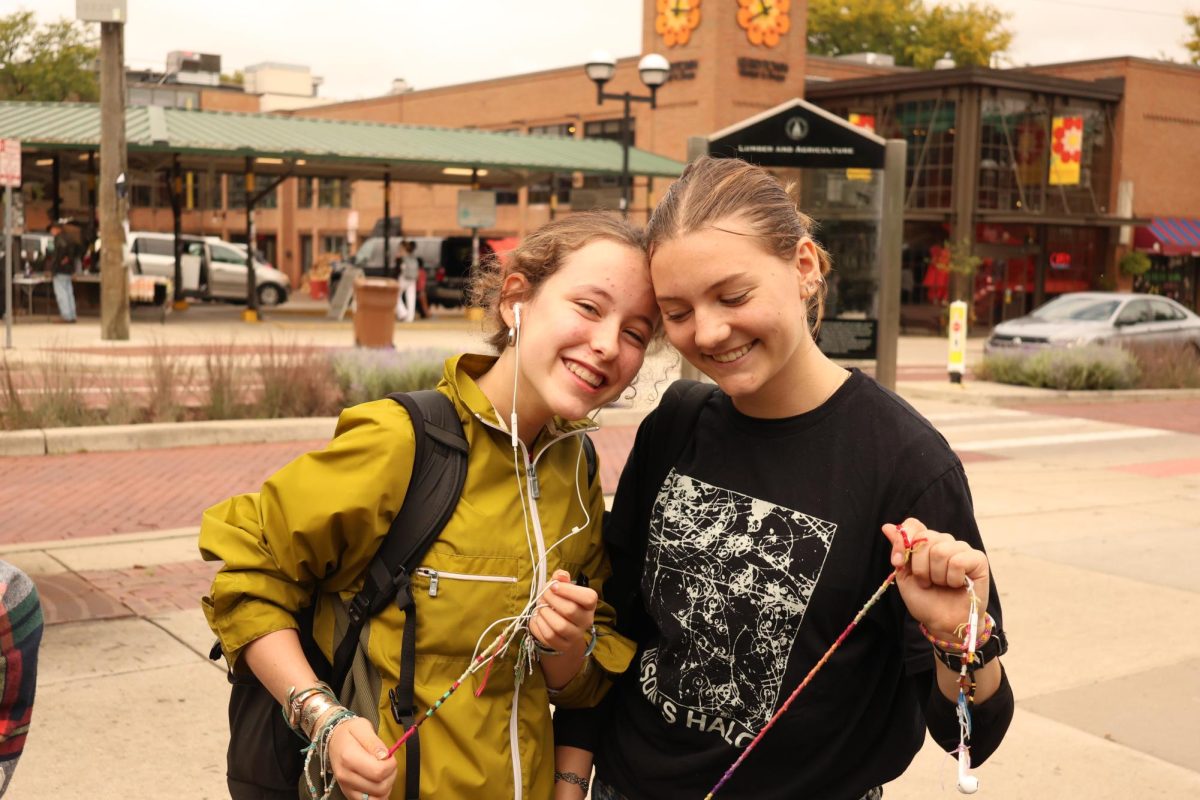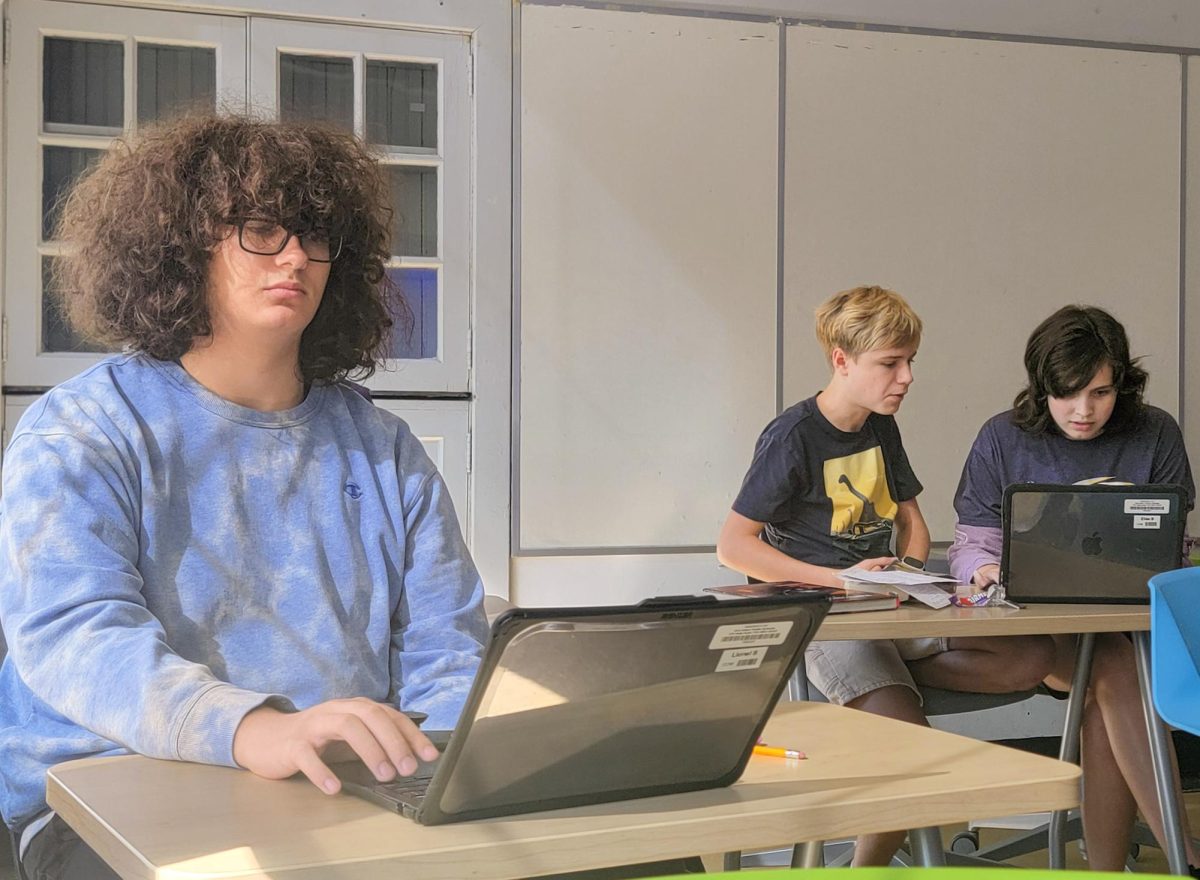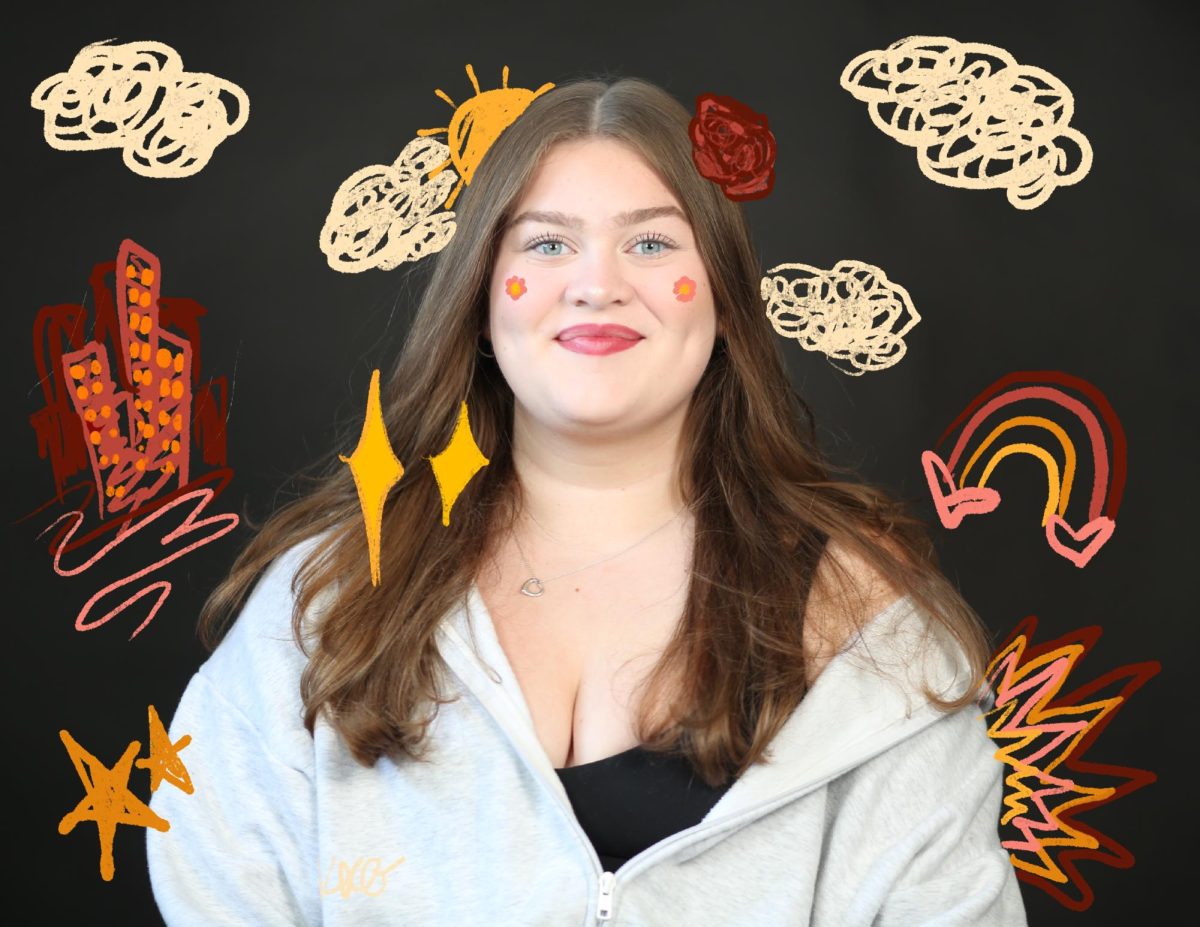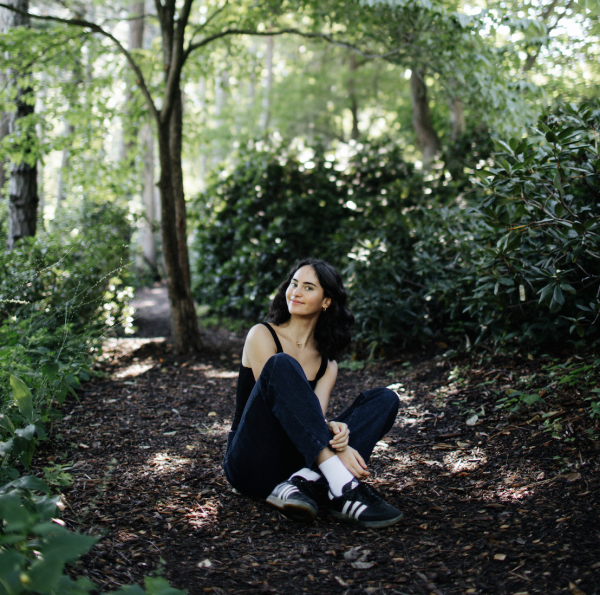What if finding your soulmate was more than just chance? What if it was an age-old tradition? Beyond the randomness of serendipity, Shidduch or Jewish matchmaking is rooted in community and connection, preserving tradition yet embracing the contemporary. For Aleeza Ben Shalom, host of “Jewish Matchmaking” on Netflix, she fell into the matchmaking world after a good friend of hers told her about the job.
“When I first got married and we had two young kids at home, I started volunteer matchmaking online,” Ben Shalom said. “In matchmaking, you’re not just pairing yourself off with somebody, you’re joining a family, you’re joining a community, you’re literally a part of the world and somebody is picking that life partner to join them on this life path.”
Ben Shalom works with people from a wide spectrum of backgrounds, ages, locations and religious observances, forming personal connections with clients as they work together towards the important goal of finding a marriage partner.
“Matchmaking is an important role in all communities across the world,” Ben Shalom said. “Finding a life partner is the biggest decision that we make. A job, you can change. You don’t like where you’re living, you can move.”
The importance of matchmaking is not an opinion that only Ben Shalom holds — Leila Bank’s parents met on a Jewish dating website. Both of Bank’s parents grew up Jewish, which is an integral part of their identities; raising a family tightly rooted in Jewish traditions and values is a shared goal. To Bank, there was no external pressure from her grandparents, but rather an internal pressure because her parents demonstrated how significant being Jewish is.
“I’ve talked to both my parents about it and my dad especially talked about how it’s easier to be with someone who’s Jewish, especially if you’re looking to marry and have kids,” Bank said. “You want to raise your kids Jewish and that doesn’t have to be a conversation. It just goes unsaid.”
The continuation of this cultural legacy, the passing down of traditions and the celebrations of religious holidays creates enduring bonds that unite Jewish families, which Ben Shalom observes among other religious communities
“I work with faith based matchmakers all across the globe,” Ben Shalom said. “We all have conversations in every community: Hindus, Muslims, Christians and Jews. Everybody has this philosophy of marrying within your faith, so that you can continue on the culture, the traditions, the religion, the beauty of what your community has to offer.”
As an Orthodox Jew herself, Ben Shalom recognizes that matchmaking is a part of the routine in the Orthodox community, but the practice is gaining popularity in the secular community.
“Matchmaking is something that’s going to be more widely accepted and more regularly used as a part of the process of finding your person,” Ben Shalom. “Dating apps will always be around, they’re out there and they’re popular, socially meeting online virtually is going to be out there, so is meeting in-person at events and programs. I think that’s all going to be there. But I think that matchmaking is going to start to take a piece of that market share and say ‘no, but we have something to offer too.’”
Bank, who is secular, sees the appeal of Jewish dating apps, given that her parents met on one, but the act of matchmaking requires a higher level of commitment and considers it to be her last resort.
“You’re dating to marry whereas when you’re on a dating app, you can go on one day and decide, no, thank you,” Bank said. “But you can’t really do that with a matchmaker. It’s like once you’re in it, you’re in it.”
But Ben Shalom feels that with matchmaking gaining popularity, that mindset will diminish.
“Some people will think, ‘ugh, it’ll be my last ditch effort and if I can’t do it on my own, then I’ll do it,’” Ben Shalom said. “But if you look online, at all of the shows and resources out there, they even have “Love is Blind” and these others where there isn’t a matchmaker, but it kind of is like there is a matchmaker because there’s people in the back, setting it up, bringing the right people in and then throwing them into these different scenarios to bring them together.”
Matchmaking is not just the bond that shapes the lives of those seeking a match; it is also the cornerstone for futures where Jewish traditions, love and connection thrive among successful matches which lead to families.
“Most of my clients turn into friends and then we keep in touch. It’s this heart and soul business,” Ben Shalom said. “I get messages from clients at first with one child, then three. It’s very sweet.”
Ben Shalom believes that the quest for a happier, healthier world begins with commitment and a focus on family; within family, we find the power to shape a world where peace is not just a distant aspiration, but a lived reality. Ben Shalom emphasizes that finding a life partner and building a family actively contributes to communities and the world at large.
“People are going to be building their lives around the relationship that they build, that is the community that we’re involved with. One of the new phrases that I started to talk about is that world peace begins at home,” Ben Shalom said. “If we have peace in our home, we find a partner and we build a loving, healthy, happy relationship, and we have peace from the foundation. When we go out into the world and we go to work, we’re going to be happy and healthy. And when I go out into my community, I’m going to be healthy and happy and when I travel, I’m going to be healthy and happy.”




